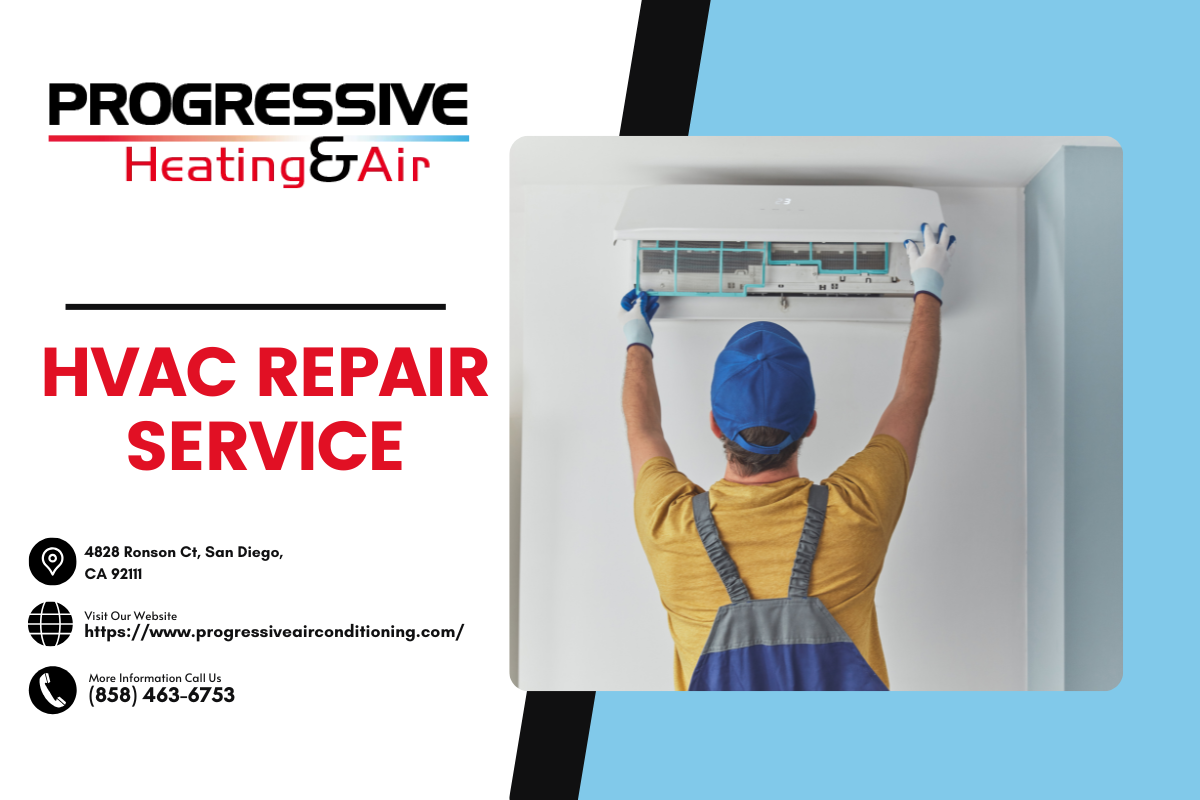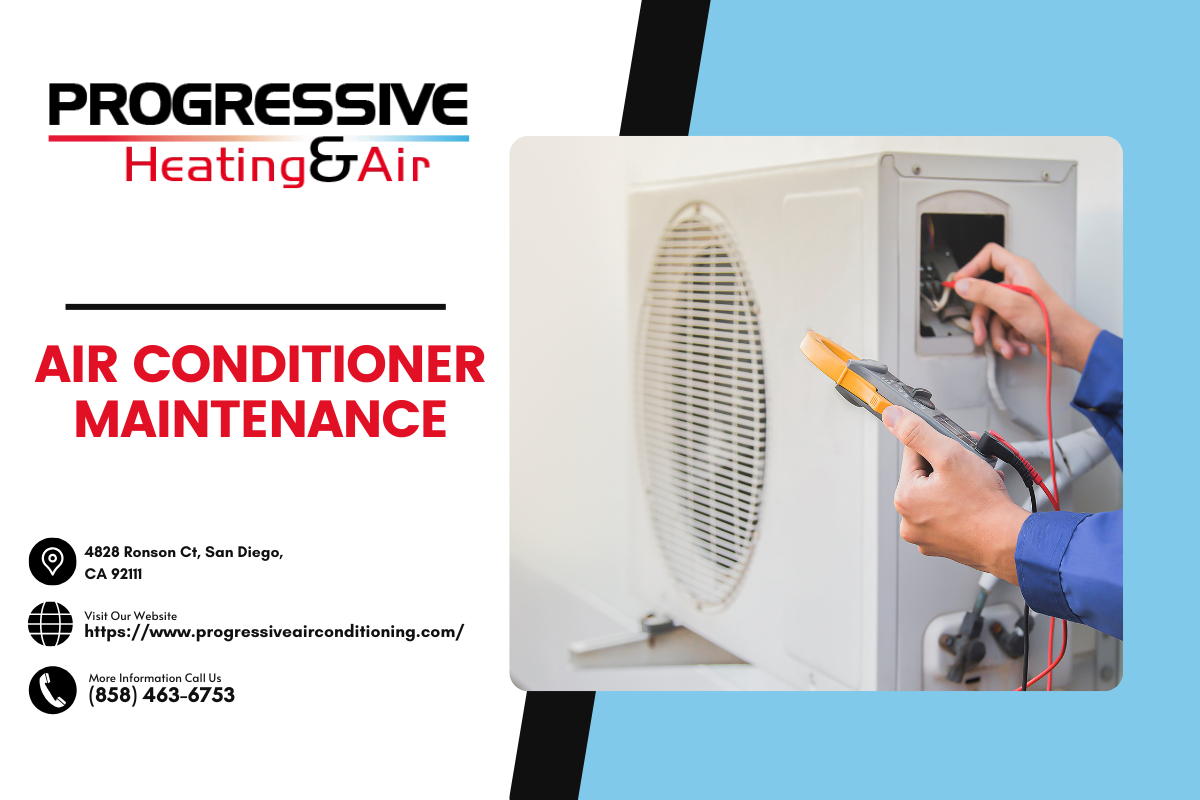

Introduction
In today's world, where energy consumption and environmental sustainability are at the forefront of global conversation, energy-efficient HVAC systems have emerged as a beacon of hope for homeowners and businesses alike. These systems not only provide comfort but also contribute significantly to reducing energy bills and carbon footprints. But what exactly are the benefits of energy-efficient HVAC systems? In this comprehensive guide, we will delve deep into the advantages of these systems, as explained by professionals in the field.
The Benefits of Energy-Efficient HVAC Systems Explained by Pros
When it comes to heating, ventilation, and air conditioning (HVAC), efficiency is key. Energy-efficient HVAC systems utilize technology that minimizes energy use while maintaining optimal indoor comfort. They are designed to operate using less power than traditional systems without sacrificing performance.
What Makes HVAC Systems Energy-Efficient?
Energy-efficient HVAC systems use advanced technology like variable speed motors, smart thermostats, and proper insulation to accomplish their goals. By understanding these technologies better, homeowners can make informed decisions when selecting an HVAC company for installation or maintenance.
Understanding SEER Ratings: The Key to Efficiency
SEER stands for Seasonal Energy Efficiency Ratio. The higher the SEER rating, the more efficient the system is at cooling your home. A licensed HVAC company can help you choose a system with an appropriate SEER rating that fits your needs.
Why Is SEER Important?
- A higher SEER rating typically means lower energy costs. It indicates how well your unit performs over an entire cooling season.
The Role of Smart Thermostats in Energy Efficiency
Smart thermostats learn your habits and preferences, adjusting temperatures accordingly to optimize energy usage. When combined with an energy-efficient HVAC system, they can lead to significant savings.
Benefits of Using Smart Thermostats:
- Remote access via smartphones. Learning algorithms to adapt settings automatically. Alerts for maintenance needs.
Variable Speed Motors: A Game-Changer for HVAC Systems
Unlike traditional motors that operate at a single speed, variable speed motors adjust their speed based on demand. This results in more consistent temperatures and improved air quality throughout your home.
Advantages of Variable Speed Motors:
- Quieter operation. Enhanced comfort levels. Reduced energy consumption.
Cost Savings Associated with Energy-Efficient HVAC Systems
Investing in an energy-efficient HVAC system often leads to substantial cost savings over time. While the initial investment may be higher than traditional models, the long-term benefits outweigh these costs significantly.
Lower Utility Bills: A Direct Benefit
Homeowners can expect reduced utility bills when switching to energy-efficient options. The U.S. Department of Energy estimates that homeowners can save up to 30% on their cooling costs annually.
Incentives and Rebates from Utility Companies
Many utility companies offer financial incentives or rebates when you install an energy-efficient system. Always consult trusted HVAC contractors about available programs in your area.
Increased Property Value Through Energy Efficiency
An efficient HVAC system enhances your property's value. Potential buyers often prefer homes equipped with modern, efficient technologies as they promise lower operational costs.
Environmental Benefits of Energy-Efficient HVAC Systems
Beyond personal savings, there’s a significant environmental impact associated with adopting https://maps.google.com/maps?ll=32.830211,-117.146282&z=10&t=m&hl=en&gl=US&mapclient=embed&cid=3608467606366482347 energy-efficient practices in heating and cooling systems.
Reducing Carbon Footprint: How It Works
Energy-efficient systems consume less electricity from fossil fuel sources, thereby contributing to lower greenhouse gas emissions. By opting for such systems, you're playing a part in combating climate change.
Sustainable Practices Encouraged by Efficient Systems
Using renewable resources like solar panels along with efficient HVAC systems can further enhance sustainability efforts in residential and commercial buildings.
Enhanced Comfort Levels Provided by Efficient Systems
Energy-efficient HVAC systems not only save money but also improve overall comfort levels within homes or offices.
Consistent Temperature Control Across Spaces
With features like multi-stage cooling and heating alongside variable speed technology, these systems ensure even temperature distribution throughout all rooms.
Improved Indoor Air Quality (IAQ)
Better filtration options available in high-efficiency units lead to cleaner air within living spaces—crucial for those suffering from allergies or respiratory issues.
The Importance of Professional Installation by Licensed HVAC Company
While investing in an efficient system is essential, proper installation is equally important for maximizing its benefits.
Choosing a Trusted HVAC Contractor: What You Need to Know
- Verify licenses and insurance before hiring. Check online reviews and testimonials.
Questions to Ask Your Potential Contractor:
Can you provide references from recent installations? What type of warranties do you offer?Maintenance Tips for Ensuring Optimal Performance
Regular maintenance helps sustain efficiency levels over time. Here are some key tips:
Routine Inspections Are Crucial
Schedule annual inspections with a licensed HVAC company near you to catch potential issues early on before they escalate into costly repairs or replacements.
Changing Filters Regularly: A Simple Task with Big Rewards
Changing air filters every 1–3 months helps maintain airflow efficiency and improves indoor air quality significantly—an easy yet impactful chore!
Common Myths About Energy-Efficient Heating and Cooling Solutions
Despite their benefits, many misconceptions surround energy-efficient HVAC solutions that need debunking:
Myth #1: They're Too Expensive Upfront
While initial costs may be high compared to standard units, long-term savings compensate for upfront expenses quickly due to reduced utility bills over time!
Myth #2: They're Not Worth It If You Don’t Use Your System Often
Even sporadic use contributes toward cumulative costs; therefore investing now pays off later regardless!
FAQs About Energy-Efficient HVAC Systems
1. What qualifies as an energy-efficient HVAC system?
An energy-efficient system typically has a high SEER rating and utilizes advanced technology such as smart thermostats or variable speed motors.
2. How much can I save on my utility bills with an efficient system?
Homeowners may save between 20%-30% annually depending on usage patterns and local utility rates.
3. Are there any tax incentives available?
Yes! Many states offer tax credits or rebates for installing qualified energy-saving equipment; consult local regulations!
4. How often should I have my system maintained?
It’s advisable to schedule maintenance at least once a year for optimal performance!
5. Can I install an energy-efficient system myself?
It's recommended that you hire a licensed professional contractor since improper installation can void warranties or reduce efficiency gains!
6. Do smarter thermostats really save money?
Absolutely! They adjust settings based on user behavior leading directly towards lower monthly expenses!
Conclusion
The Benefits of Energy-Efficient HVAC Systems Explained by Pros highlight not only significant cost savings but also improved comfort levels while supporting sustainable practices that benefit our environment overall! Investing wisely today means enjoying both immediate rewards through enhanced indoor conditions along with long-term financial advantages—so why wait?
If you're considering upgrading your heating or cooling needs soon enough take this opportunity seriously; reach out today towards reputable licensed hvac companies who provide expert services tailored specifically towards meeting individual requirements efficiently!